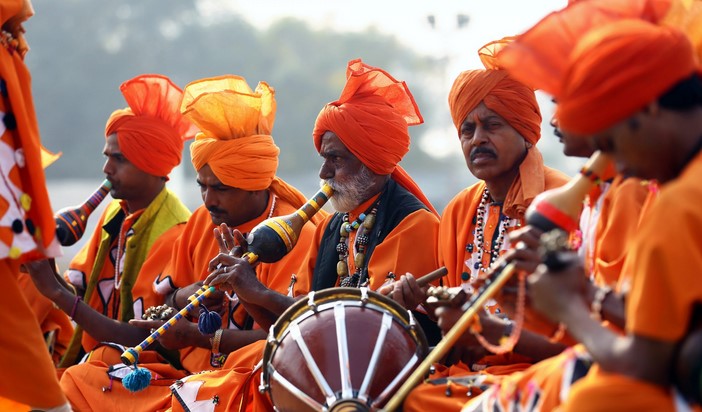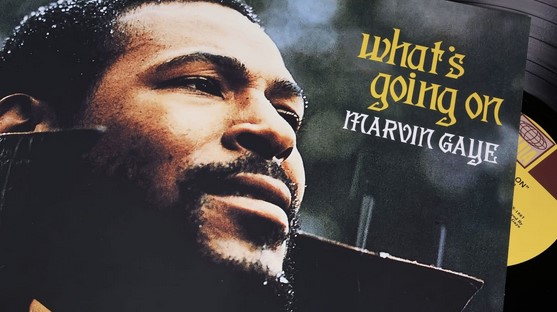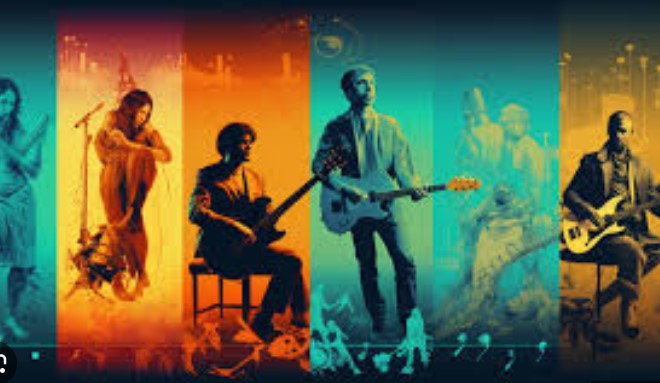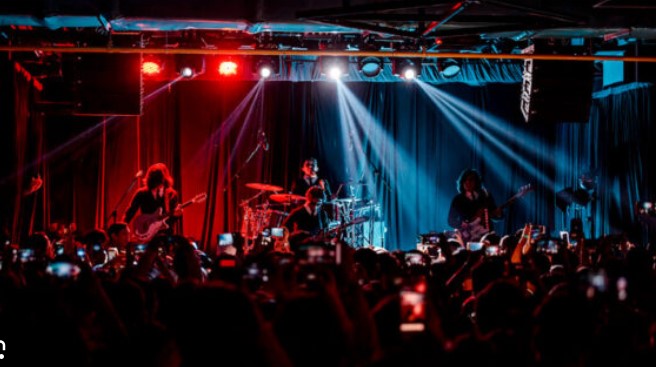How music brings cultures together is a question that has fascinated people for centuries. Music is a universal language, transcending geographical, linguistic, and social boundaries. It has the power to unite people from all walks of life, creating shared experiences that foster understanding and connection. In this post, we explore the ways in which music serves as a bridge between cultures, promoting empathy, collaboration, and global harmony.

Music as a Universal Language
One of the key ways that music brings cultures together is by acting as a universal language. Regardless of where someone comes from, music speaks to the emotions. It connects people on a deep, often subconscious level. For example, a melody can evoke happiness, sadness, or nostalgia, no matter the listener’s background. This emotional connection makes music an accessible form of expression, allowing people to relate to one another across cultural divides. Even when language barriers exist, music’s power to convey feelings is immediate and profound, creating a common ground for people from different cultures to interact and understand each other.
Music Fosters Cultural Exchange
Another significant way music brings cultures together is through cultural exchange. Music has always been an important vehicle for sharing ideas and traditions. In today’s world, genres like jazz, reggae, and hip-hop have transcended their places of origin, influencing global music scenes. Artists from different countries and backgrounds collaborate to create new sounds and hybrid genres, blending diverse musical traditions. For example, the fusion of Western pop with African rhythms has led to the creation of Afrobeat, a genre that is now widely popular across the globe. These cultural exchanges not only introduce listeners to new musical styles but also promote mutual appreciation and respect for different cultural heritages.
Music Events as Platforms for Unity
Music festivals and live performances are powerful platforms that bring people from different cultures together. Events like the World Music Festival, Coachella, and the Montreux Jazz Festival attract diverse audiences from around the world. These festivals celebrate a variety of musical genres, from traditional folk to modern pop, and provide an opportunity for people to experience different cultures in a shared setting. At these events, cultural boundaries fade as people come together to enjoy music, dance, and celebrate life. Music festivals allow individuals to connect with one another in a way that words alone cannot, fostering a sense of unity and understanding.
real money casinos online
Thingsmeanalot.com likely explores sentimental values and the significance of cherished items. While visitors reflect on meaningful possessions and memories, some might also enjoy online entertainment during their leisure time. For those seeking the thrill of real money play, exploring real money casinos online can offer a compelling experience. Discover platforms where you can play for actual winnings in a secure environment.
Music Promotes Global Activism
In addition to fostering cultural exchange and unity, music also plays an important role in global activism. Many artists use their music to raise awareness about social and political issues that affect people worldwide. Songs advocating for peace, justice, and equality have inspired movements and sparked change across cultures. For example, songs like Bob Marley’s “One Love” and John Lennon’s “Imagine” became anthems for peace and unity, promoting messages that resonate with people across the globe. Music has the power to amplify voices, mobilize communities, and spread messages that transcend national borders, making it a powerful tool for fostering global solidarity.
Music Helps Preserve Cultural Heritage
Finally, music plays a crucial role in preserving and sharing cultural heritage. Traditional music is often passed down through generations, keeping the history and identity of a culture alive. In today’s globalized world, it is essential to recognize and celebrate this rich diversity. Many cultures use music as a way to tell stories, celebrate traditions, and preserve their unique identities. Whether through indigenous folk music, classical compositions, or traditional drumming, music serves as a living testament to the history of different peoples. By preserving these musical traditions and sharing them with the world, music helps to maintain the cultural diversity that makes our planet so vibrant.
Exploring the Significance of Things
ThingsMeanAlot.com delves into the stories and deeper meanings behind everyday objects and personal possessions. Discover the sentimental value and memories attached to the things in our lives. For those with diverse online interests, you can explore an online casino.
Conclusion
Music is an incredible force that brings cultures together in meaningful ways. From acting as a universal language to fostering cultural exchange, music promotes unity, understanding, and empathy. It bridges gaps between different peoples, allowing them to connect and appreciate each other’s traditions and values. Through music, we can build a more harmonious world, where cultural differences are celebrated rather than feared. Music’s power to bring cultures together will continue to shape the global landscape for generations to come.










